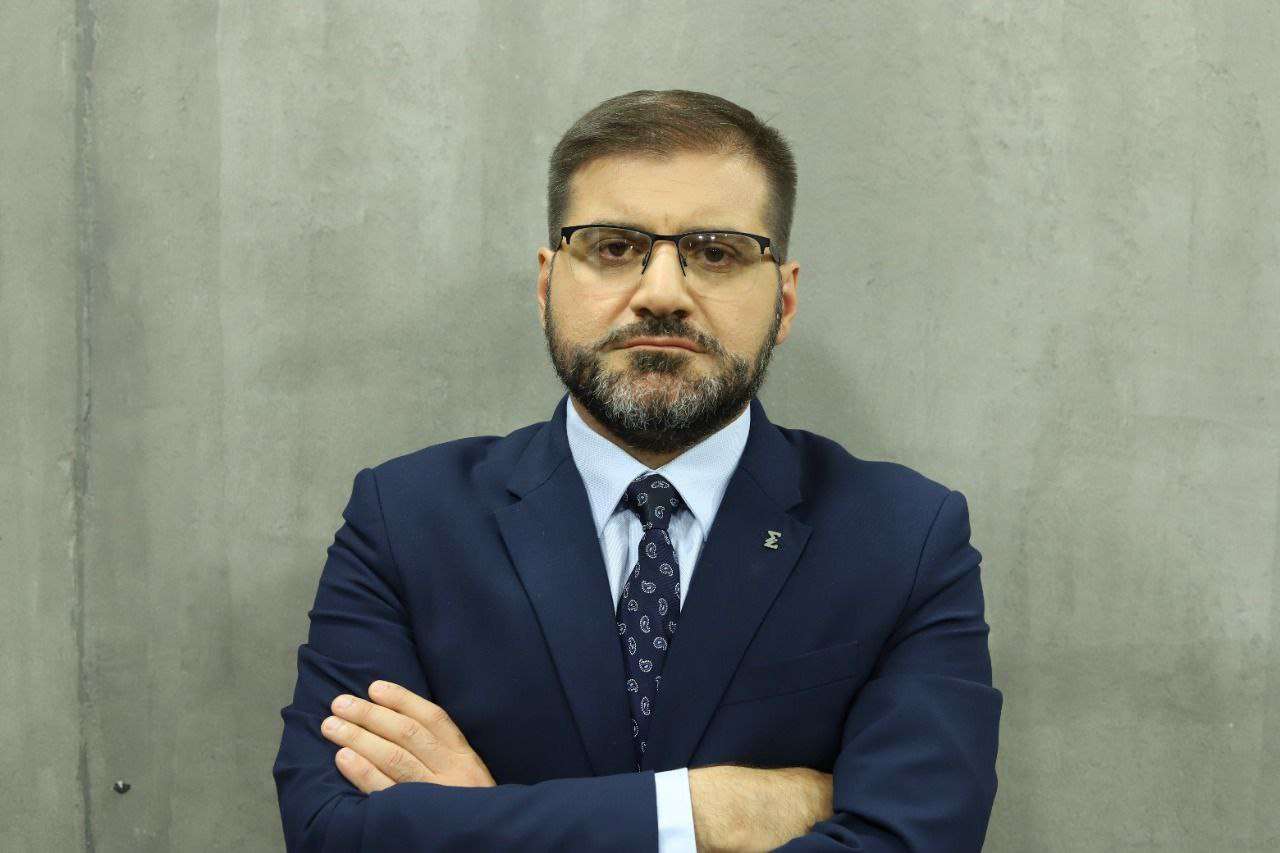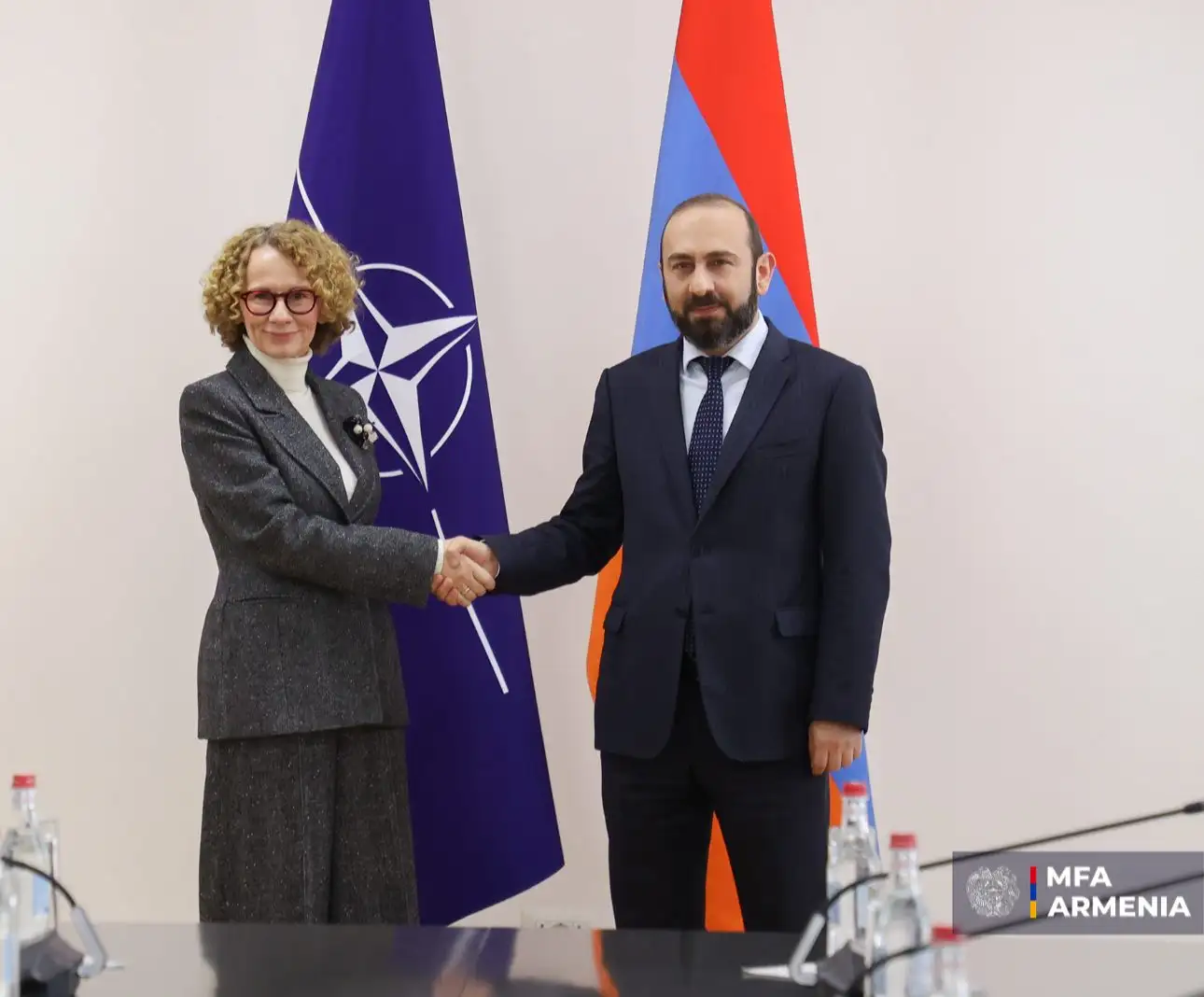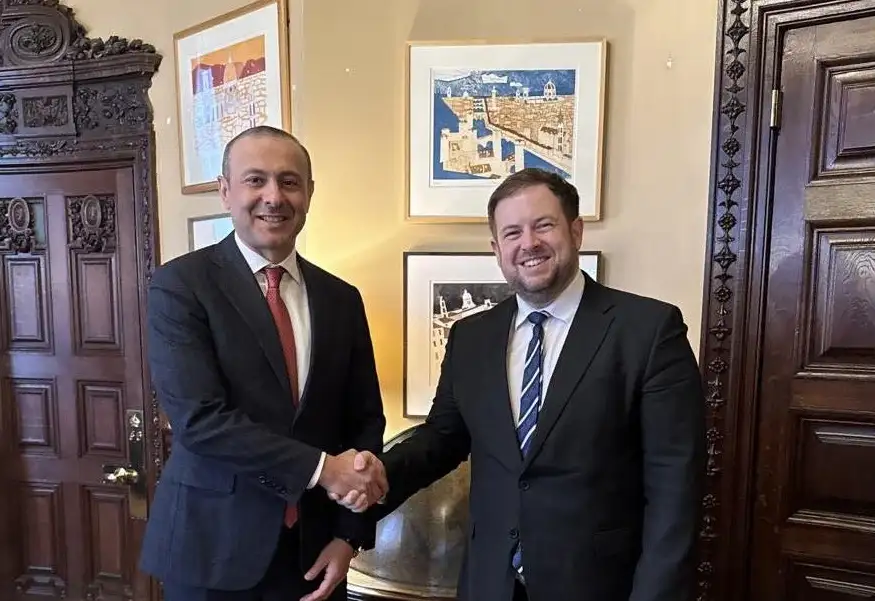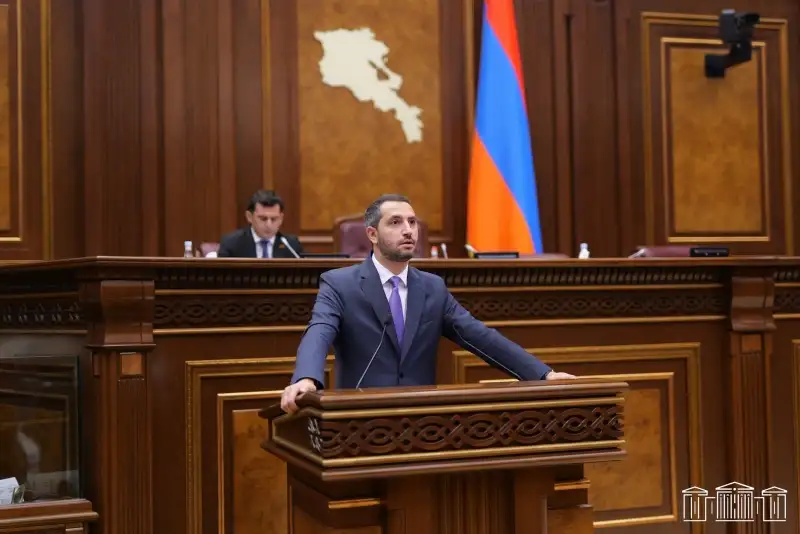Radar Armenia spoke with Arman Babajanyan, chairman of the "For the Republic" party.
-Mr. Babajanyan, experts, and politicians immediately announce that Russia is setting a condition for Armenia to join the Russia-Belarus Union. To what extent is Moscow currently able to make such a demand to Armenia?
- To answer that question, the situation needs observation beyond the senses.
That Russia has such a strategic vision is not new. Moreover, this circumstance has been observable for a long time. The question is at what level this questioning is done and to what extent it is part of the current Armenian-Russian agenda.
There is no doubt that Moscow is not viable in fulfilling its role as the leading regional military-political moderator. Taking on the responsibility of the Union State requires an even more significant amount of strength and vitality. Is Moscow able to set such goals today, when it is facing enormous problems in the direction of Ukraine and, in the context of these problems, it feels the need for the support of both Azerbaijan, its big brother, Turkey, and also Iran?
Meanwhile, the union state will designate a specific and fundamentally new mode of relationship with the trio. Is Russia ready for this? That question is currently "hanging in the air," so we come back to the question of how relevant the issue is and how much is just a domestic political maneuver calculation. There is no doubt that the problem is one of Armenia's existential challenges. However, an accurate assessment of its current, short-term, and long-term regimes is critical from the point of view of organizing the policy to counter the challenge and coordinating the actions of the Armenian public-political state organism.
Regarding the peace treaty between Armenia and Azerbaijan, according to comments, Moscow's opinion is that the issue of the status of Artsakh should be postponed for an indefinite period, and the current military-political status quo should be preserved. In that case, however, the security question arises, considering the risk that Azerbaijan may escalate the situation, and the West will have no motive to prevent it. Can Russia be restrained, and Artsakh protected from new "robbers" or possible encroachments on the territory of Armenia?
If the situation develops according to the logic of Western approaches, Russia faces the problem of "deprivation of meaning" of its presence in Artsakh. On the other hand, however, there is also the following possible scenario. When Artsakh refuses the approach of the West, even going against the political positioning of Armenia.
Does Moscow have the resources to counter these challenges when facing severe problems in the Ukrainian direction today? If it has, why hasn't it been implemented until now? In terms of the Union State, the question is highly theoretical for several reasons. As for the "corridor" circumstance, the question arises: does Armenia renounce the 9th point of the document of November 9 if Moscow needs to impose or does Baku demand more, and Russia, not having the ability to restrain this demand, is trying to extract more from Armenia. Finally, in that case, Western activity and approaches become an important balancing factor for Armenia. Of course, not at all what Armenia would dream for itself or Artsakh, but a minimal possibility of balancing if Russia cannot keep the letter and spirit of the "balanced" tripartite statements with its participation, but will demand more from Armenia than is written in the defeat of the war. as a result of the moment. At the same time, there is no doubt that the circumstance of Western approaches significantly touches lines that can be considered strategic for Russia, resulting in specific reactions or steps that can cause new risks for Armenia. At the same time, the problem of the West's willingness and ability to reliably contain these risks is open. Management of the situation will require a new quality of the balanced game from Armenia and Artsakh.
- According to international reports, on October 8, the Crimean bridge was blown up by the special services of Ukraine. On the morning of October 10, Kyiv, the capital of Ukraine, and practically all major cities were subjected to massive rocket attacks. According to the Ukrainian authorities, several critical infrastructures - transport and energy - were hit. In Kyiv, the office of the President of Ukraine and the headquarters of the country's security service shelled. What developments can be predicted, and what should be Armenia's position in this situation?
- The fact that Russia is preparing this mass attack was noticeable yesterday from the conversation between Russian President Putin and the head of the investigative committee Bastrykin.
Russian state media released a short clip of the conversation, in which Bastrykin was reporting and concluding that Ukrainian special services carried out the bombing of the Crimean bridge, and the aim was to hit a vital civilian target.




















